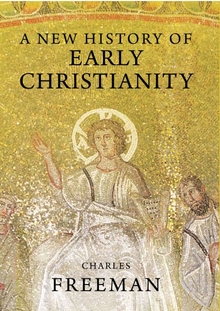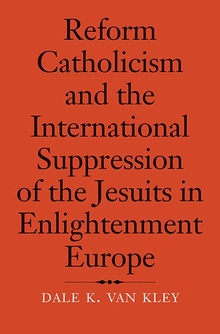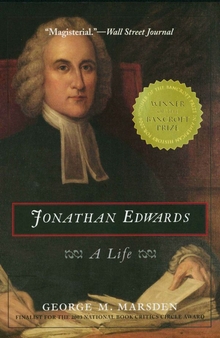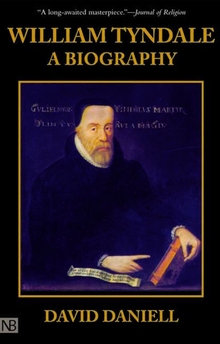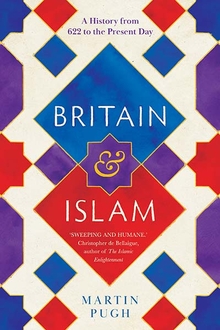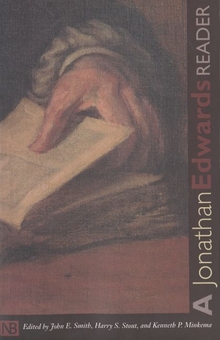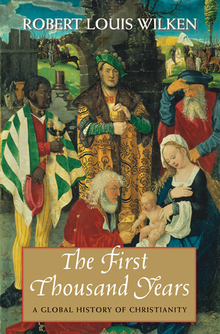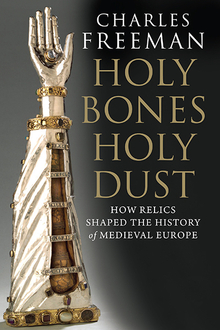A New History of Early Christianity
WARNING
You are viewing an older version of the Yalebooks website. Please visit out new website with more updated information and a better user experience: https://www.yalebooks.com
Charles Freeman
Out of Print
This stimulating history of early Christianity revisits the extraordinary birth of a world religion and gives a new slant on a familiar story
The relevance of Christianity is as hotly contested today as it has ever been. A New History of Early Christianity shows how our current debates are rooted in the many controversies surrounding the birth of the religion and the earliest attempts to resolve them. Charles Freeman’s meticulous historical account of Christianity from its birth in Judaea in the first century A.D. to the emergence of Western and Eastern churches by A.D. 600 reveals that it was a distinctive, vibrant, and incredibly diverse movement brought into order at the cost of intellectual and spiritual vitality. Against the conventional narrative of the inevitable “triumph” of a single distinct Christianity, Freeman shows that there was a host of competing Christianities, many of which had as much claim to authenticity as those that eventually dominated. Looking with fresh eyes at the historical record, Freeman explores the ambiguities and contradictions that underlay Christian theology and the unavoidable compromises enforced in the name of doctrine.
Tracing the astonishing transformation that the early Christian church underwent—from sporadic niches of Christian communities surviving in the wake of a horrific crucifixion to sanctioned alliance with the state—Charles Freeman shows how freedom of thought was curtailed by the development of the concept of faith. The imposition of "correct belief," religious uniformity, and an institutional framework that enforced orthodoxy were both consolidating and stifling. Uncovering the difficulties in establishing the Christian church, he examines its relationship with Judaism, Gnosticism, Greek philosophy and Greco-Roman society, and he offers dramatic new accounts of Paul, the resurrection, and the church fathers and emperors.
"This is a bold and imaginative historical synthesis which fills an important need. For the first time, Freeman makes the complex story of Christianity's birth and early development available in concise, lively, eminently readable form. A tragic story in many ways, but a great pleasure to read."—Richard Rubenstein, author of When Jesus Became God
"[Freeman] surveys a surprisingly diverse range of early Christian communities, differing from one another in doctrine, devotional observances, and attitudes toward pagan philosophy. But in the narrative that he presses most insistently, Freeman recounts how small and politically marginal bands of Christians—subject to savage persecution—transformed into an imperially powerful church serving Roman emperors (notably, Constantine and Theodosius) and persecuting heretics unwilling to embrace the creeds those emperors helped to hammer out."—Bryce Christensen, Booklist
"Freeman rigorously maintains a nonjudgmental approach to the breadth of Christian diversity . . . A nuanced and sophisticated presentation of the dialogues (both within and outside of the tradition) that shaped the Christian experience through the fifth century. . . . This book will likely become the standard text for introductory courses."—David M. Reis, Religious Studies Review
Publication Date: October 27, 2009
1 16-page b/w insert with 26 h/t

